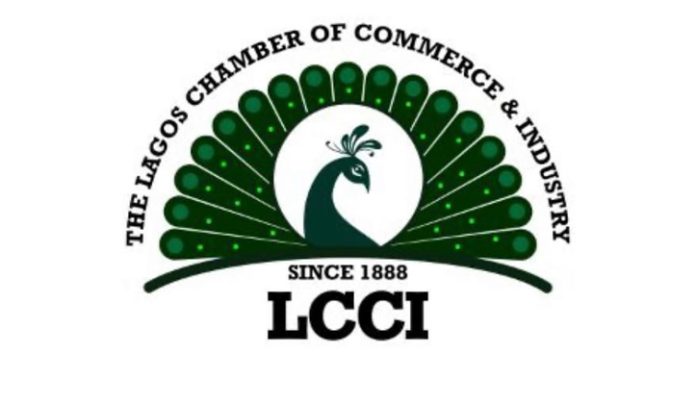The Lagos Chamber of Commerce and Industry has said that growth in manufacturing remained subdued due to high inflation, continuous rise in interest rates, forex scarcity, high energy cost, and weakening purchasing power.
The chamber also urged the Federal Government to sustain its targeted interventions in selected sectors like agriculture, manufacturing, export infrastructure while tackling insecurity.
President of the chamber, Michael Olawale-Cole stated this recently during the LCCI quarterly state of the economy press conference in Lagos.
According to him, fuel subsidy removal would spur investments in domestic refining and petrochemicals and create a significant value chain for the various stakeholders.
He noted that even though the planned removal of fuel subsidies may cause further accelerate inflation in the short term, “it is arguably one of the best economic decisions to reduce our unsustainable debts and widespread corruption in that sector”.
Olawale-Cole said the chamber expected the government to roll out appropriate cushioning or palliative policies and measures before the subsidy removal in the second half of the year.
He said, “The LCCI is of the view that the government’s fixation on debt accumulation is unhealthy. Hence, it should explore other avenues including opening equity opportunities and offloading/sales of its real estate holdings.
“The government should also make the problem of oil theft, with the removal of oil subsidy regime, a thing of the past to help create room for fiscal manipulation.”
According to the chamber, the government must take cognisance of the socio-economic implications of fuel subsidy removal, especially with unemployment at an unwholesome rate of about 40 per cent.
The LCCI president also said the cost of logistics had gone up due to the poor state of roads and the lack of connectivity amongst farms, factories, and markets.
To reduce the shocks from disruptions to supply chains for raw materials, the chamber recommended that manufacturers be assisted with subsidised input and more allocation of forex for the importation of critical inputs.
He stated further, “While the Central Bank of Nigeria embarks on monetary tightening to tame inflation, it should ensure that targeted concessionary credit to the private sector is sustained for MSMEs.
“To achieve the laudable objectives of the 2023 budget, we urge the government to sustain current efforts towards the realisation of crude oil production and export targets by strengthening the investment-friendliness of the oil and gas industry. Public-private partnerships are the best models to fast-track the pace of our infrastructural development.”
On Nigeria’s mounting public debts, the chamber said it was deeply concerned about recent data by the Debt Management Office, which put the country’s public debt at N46.25tn.
It also noted that with a N10.8tn budget deficit projected in the 2023 budget, the country’s debt stock was expected to increase in 2023 and that the national debt may inch up to N77tn by the end of this current administration in May if the CBN’s ways and means of N23.7tn is securitised and if the current level of borrowing is sustained.
“The LCCI is of the view that the government’s fixation on debt accumulation is unhealthy. Hence, it should explore other avenues including opening equity opportunities and offloading/selling of its real estate holdings.
“The government should also make the problem of oil theft, with the removal of oil subsidy regime, a thing of the past to help create room for fiscal manipulation,” Olawale-Cole added.
Share your story or advertise with us: Whatsapp: +2347068606071 Email: info@newspotng.com

















